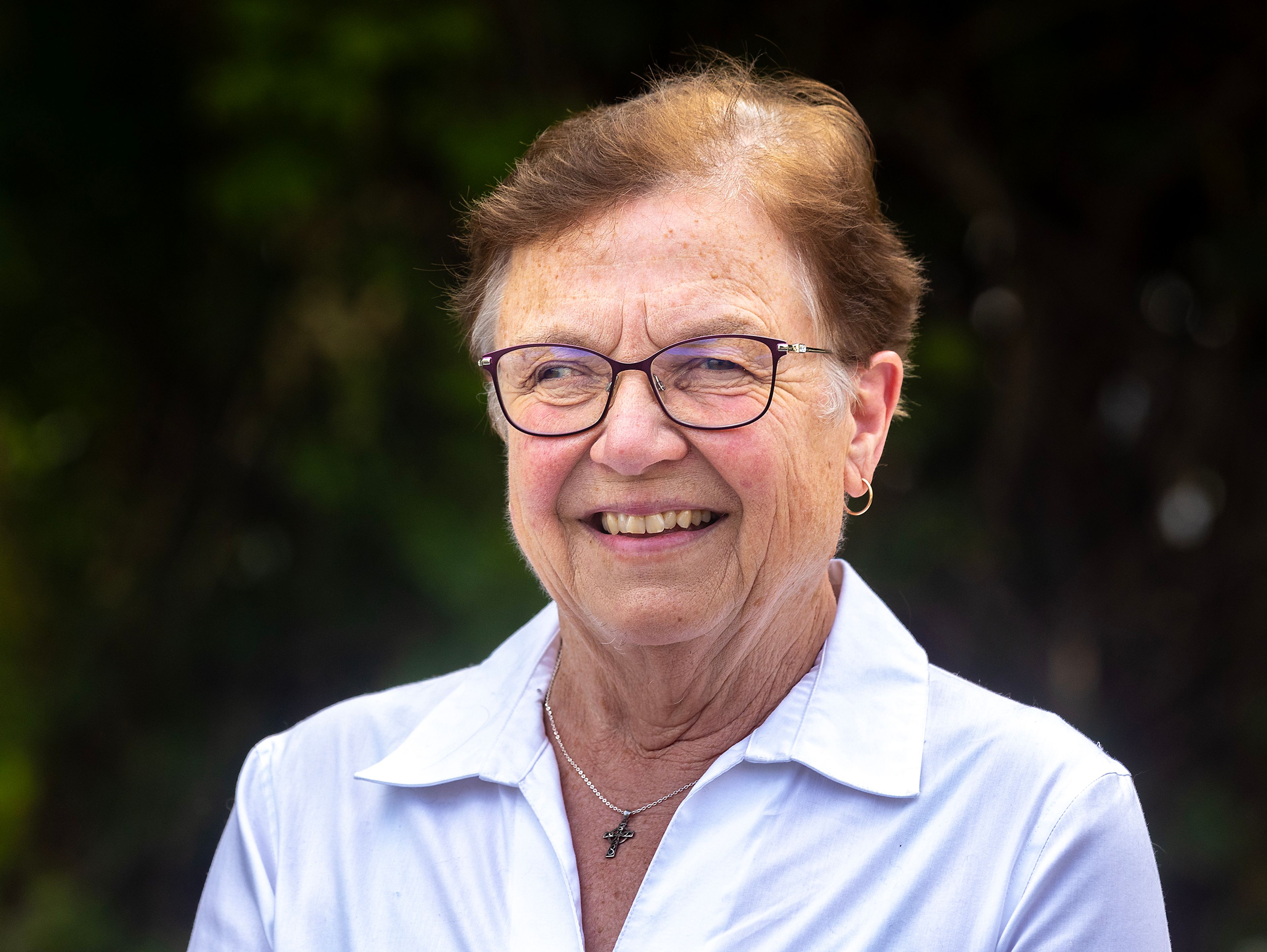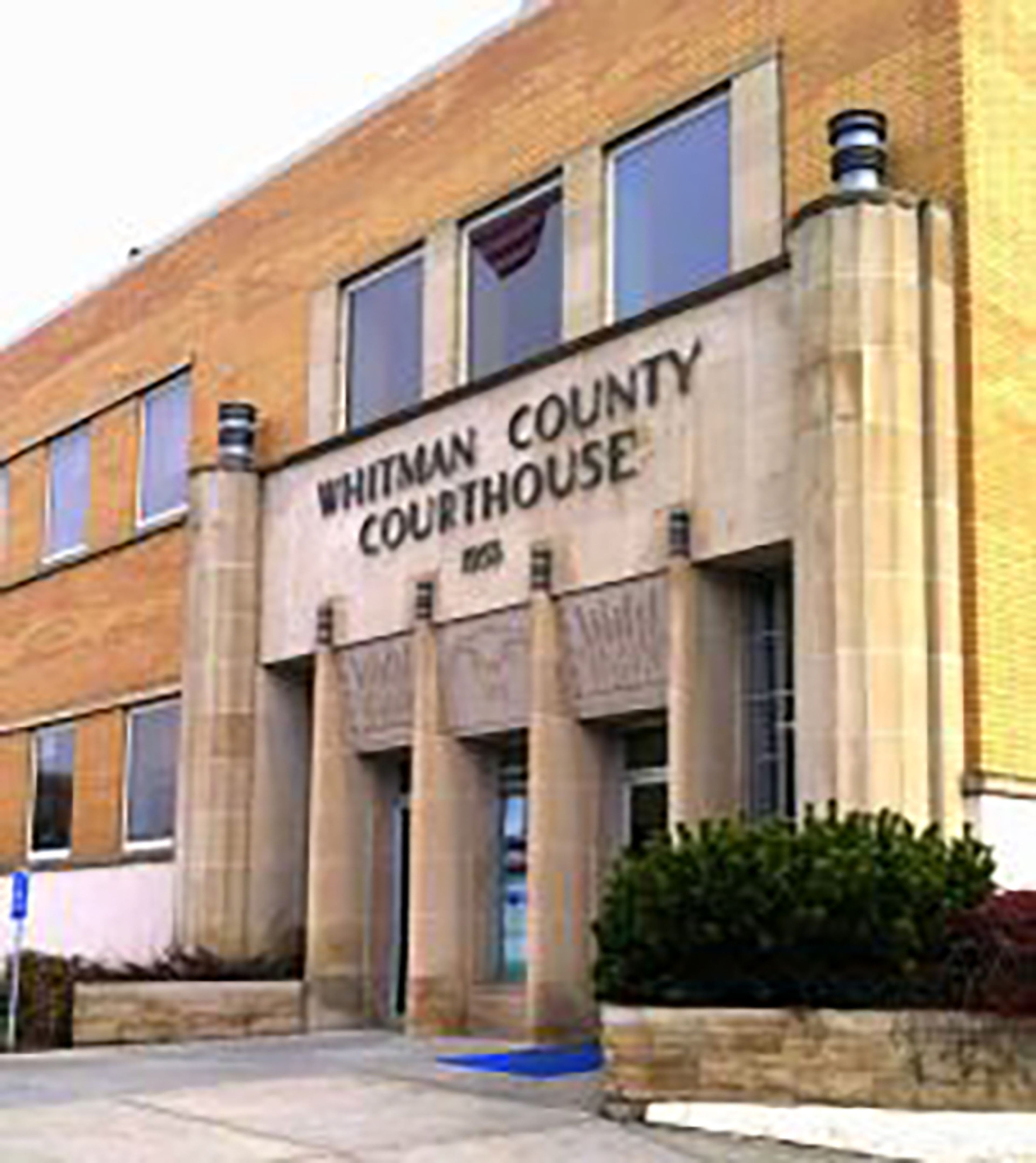----Idaho was the fourth state in the nation to give women the right to vote, but that was more the result of a push for prohibition than a bold statement about equal rights.
Sobriety and suffrage went hand in hand in Idaho, according to Katherine G. Aiken, an assistant professor of history at the University of Idaho. She said between 1890, when the state was founded, and 1896, when women were given the right to vote, the population made a ''big shift'' from bachelor miners, who vehemently opposed prohibition, to gentleman farmers, who favored banning booze.
''The agricultural people were in favor of prohibition, so in favor of women voting,'' Aiken said in a recent interview. ''The farmers just assumed their wives would vote the same way as they did.''
Women's suffrage was ''a hot topic'' at the 1889 Constitutional Convention held in founding Idaho, Aiken said, ''which made Idaho really unusual.'' State founders also asked two women Northwest suffragette Abigail Scott Dunaway and Women's Christian Temperance Union President Harriet Skelton to address the convention, ''which also was highly unusual.''
The women failed to persuade the founding fathers to give women the right to vote that year, but seven years later Idaho followed the lead of Wyoming, Colorado and Utah and franchised the other half of the state population in a statewide vote that included only non-Mormon men. ''The election was not particularly contentious and wasn't real close,'' Aiken said. ''It was pretty pro forma, actually.''
Earlier in the fight for suffrage, women's groups in north central Idaho formed usually in conjunction with the temperance unions to demonstrate and rally for voting rights. And, Aiken noted, Susan B. Anthony a mother of the suffrage movement ''made a big speaking tour of Idaho in the 1880s.''
''So really, the right to vote came after 25 years of work,'' the professor said. ''But it wasn't like Washington D.C. in 1919. There were no hunger strikes; actually, it was all pretty civilized.''
The joining of the temperance movement and suffragettes was reflected in the Lewiston and Moscow area as well as around the state. In an article for the Nez Perce County Historical Society Journal in 1982-83, local historian Leta Hagedorn hailed the arrival in 1882 of Francena Kellogg Buck, who helped organize and mobilize the temperance societies of area churches into the first Women's Christian Temperance Union in the territory. At the North Idaho Territorial Convention held at Lewiston in 1883 she was elected president of the North Idaho Territory.
And in that position, Hagedorn said, Buck worked not only for the end to saloons and liquor sales, but also the right to vote.
''By pen, by voice, by vote,'' was an oft-repeated slogan in earlier years,'' Hagedorn wrote. ''Women were urged to write to legislators, to sign petitions, to speak out at appropriate times. These rights were guaranteed by the Constitution. But how about voting? How could they vote when the laws would not permit them to vote? So they worked for the Woman Suffrage bill. If they could vote, they could help bring about prohibition in Idaho.''
Once Idaho women were given the vote, they were instrumental in making Idaho a ''dry state.'' Prohibition was approved in 1916.
With prohibition approved, however, Idaho women fell into the same voting patterns as their male counterparts, Aiken said. ''They vote because of party affiliation or class affiliation, not gender,'' she said.
And despite winning the right to vote early, women's participation in positions of political leadership has been limited in Idaho, at best. Idaho, however, was the first state in the union to send a woman delegate to a national convention.
Susie M. West of Lewiston attended the National Republican Convention at Chicago in 1904. A Tennessee native, she graduated from Grant Memorial University at Athens, Tenn., and in 1883 married J.B. West of Asheville, N.C. He was a young attorney who was appointed U.S. registry of the land office at Lewiston.
Susie West's father was a Union soldier during the Civil War, and she always was an ardent Republican.
In April 1900, she was elected a delegate to the Nez Perce County Convention and there was chosen as an alternate to the national gathering at Philadelphia. West's presence at the Chicago convention in 1904 caused quite a stir.
Leslie's Magazine reported that despite her political activism, West ''never forgot her true sphere in life, that of a wife and mother. She was a vigorous and able speaker, a successful campaigner and a valuable acquisition to the party she supported.''
Other women have been key participants in Idaho politics, but the Idaho Legislature historically and today has been dominated by men, and there never has been a female governor.







